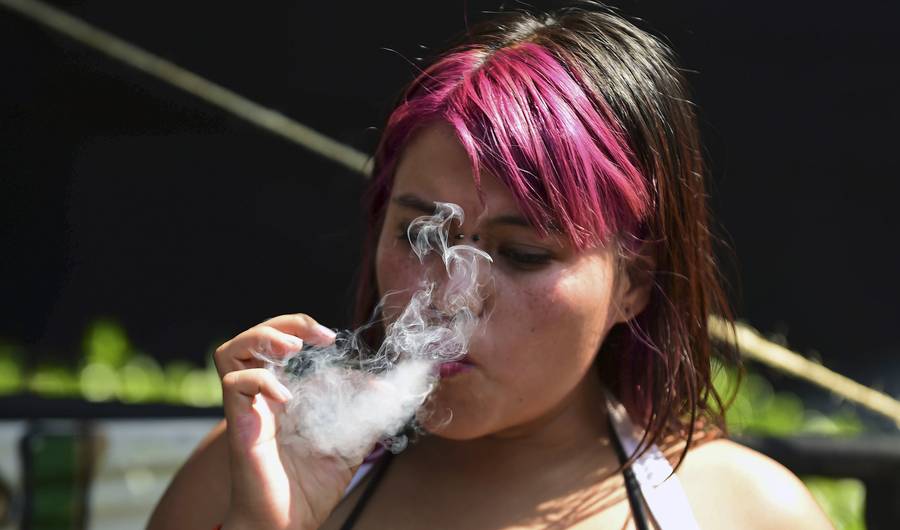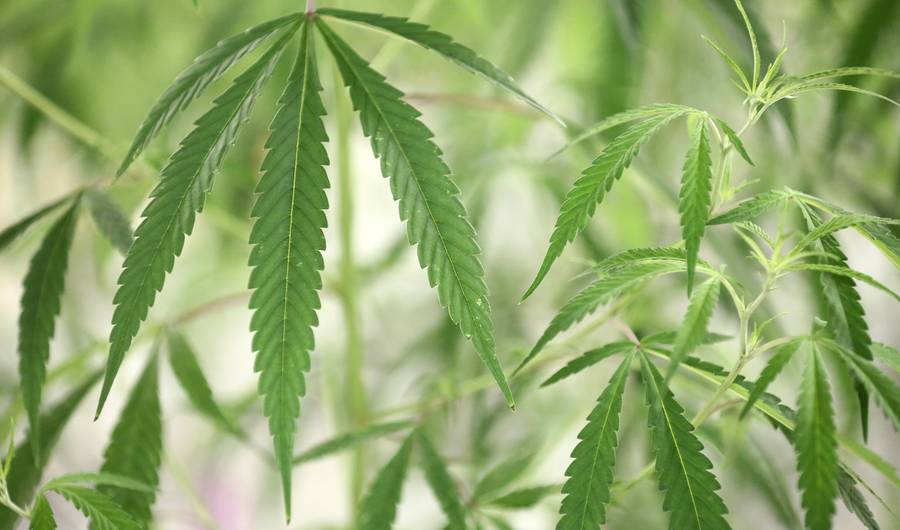Stoners have a reputation for being exceptionally mellow,
but a recent study of the effects of marijuana use on daily behavior
may suggest otherwise. According to researchers from Yale University of
Medicine and the Pennsylvania State University, the study found a
positive short-term correlation between marijuana use and hostile and
impulsive behavior.
"Marijuana use is associated with changes in impulse control and hostility in daily life," according to the study,
published in March. Researchers found that participants were more
aggressive on days they used marijuana, and the following day, than on
days they didn't get high.

The study analyzed 43 participants' marijuana,
alcohol, tobacco use and hostile and impulsive behavior daily for 14
days using random effects models. Scientists found that marijuana use
alone, without the alcohol and tobacco combination, increased impulsive
and hostile behavior on the day participants used the drug and the day
after.
The study was brief, but due to the results and
increased recreational marijuana use, researchers believe the topic
warrants further research.

A 2012 study in Biological Psychiatry
found that weed can cause anxiety for regular users during periods of
withdrawal and puts those with genetic tendencies at risk for developing
schizophrenia, Cosmopolitan
reported. Some of the alleged negative side effects of marijuana can be
reduced if it's legal, regulated and tested by health officials,
according to marijuana advocates.
"People are used to buying weed on the
black market with no idea about quality," deputy director of the
National Organization for the Reform of Marijuana Laws Paul Armentano
told Cosmopolitan. "As consumers get more sophisticated, they'll demand higher quality and better testing."
Another study on
the effects of marijuana use published in the Psychology of Addictive
Behaviors in September showed that the drug had an indirect negative
relationship with grades among a cohort of college students. The study
showed students who smoked more went to class less and therefore
received relatively lower grade point averages than those who didn't
engage in marijuana use.
In November, a
survey of police officers across the United States conducted by the U.S.
Drug Enforcement Administration showed that 6% of the 1,000 officers surveyed reported marijuana use as the biggest drug threat. However, as of 2014, no one had died from marijuana use alone.

No comments:
Post a Comment